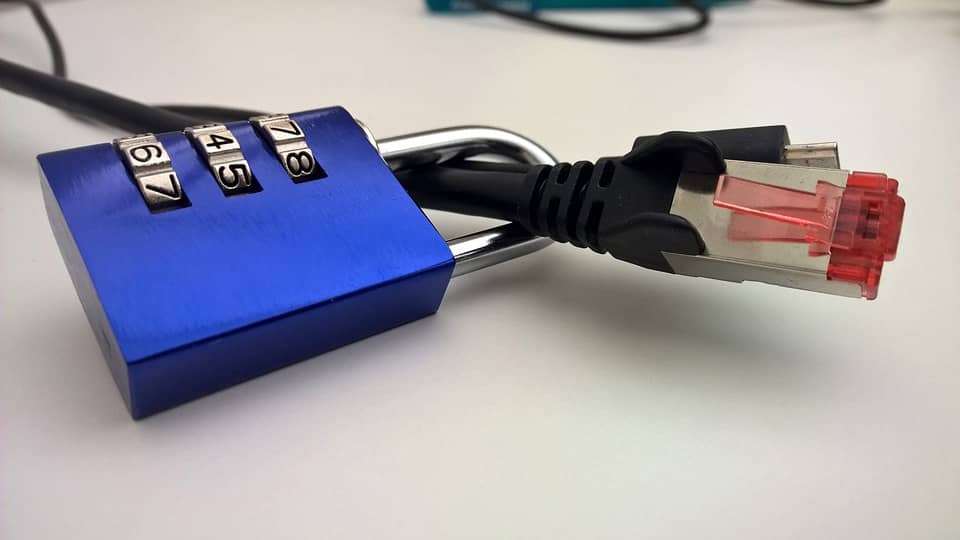Revolutionizing Data Exchange: How Blockchain is Transforming the Data Privacy Landscape
In today’s digital age, data has become the lifeblood of businesses, organizations, and individuals. The ease with which data is shared, stored, and exchanged has led to an exponential growth in data breaches, cyber-attacks, and data privacy concerns. The traditional methods of data exchange, such as centralized data storage and cloud-based solutions, have proven to be vulnerable to security threats and have raised concerns about data ownership, control, and protection.
The emergence of blockchain technology has brought about a paradigm shift in the way data is exchanged, stored, and protected. Blockchain, in its essence, is a decentralized, distributed ledger technology that enables secure, transparent, and tamper-proof data exchange. It has the potential to revolutionize the data privacy landscape, ensuring that data is protected, trusted, and accessible.
How Blockchain Technology is Revolutionizing Data Exchange
Blockchain’s decentralized nature, where data is stored across a network of nodes, makes it virtually impossible for hackers to access, modify, or delete data without detection. This inherent security feature ensures that data is:
- Immutable: Data stored on a blockchain is immutable, meaning it cannot be changed or deleted without a record of the modification being detected.
- Transparent: All transactions are recorded publicly and transparently, making it easy to track and verify.
- Immutable: Decentralized nature of blockchain ensures that data is stored across multiple nodes, making it resistant to tampering and data breaches.
Blockchain’s potential to revolutionize data exchange is exemplified in various applications:
- Data Brokering: Blockchain-based data brokering platforms enable businesses to securely and transparently exchange data with partners, clients, and customers.
- Data Storage: Blockchain-based data storage solutions provide a secure and decentralized platform for storing sensitive data, such as financial records, health information, and personal data.
- Data Sharing: Blockchain-based data sharing platforms enable secure, peer-to-peer data sharing, allowing individuals and organizations to share data with specific parties while maintaining control and ownership.
Benefits of Blockchain in Data Exchange
The use of blockchain in data exchange offers numerous benefits, including:
- Enhanced Security: Decentralized and immutable data storage ensures that data is protected from unauthorized access, modification, and deletion.
- Transparency: Public and transparent record-keeping makes it easy to track and verify data transactions, ensuring accountability and trust.
- Efficiency: Blockchain-based data exchange platforms streamline data exchange, reducing costs and increasing speed.
- Scalability: Blockchain technology can handle large volumes of data, making it an ideal solution for big data applications.
- Regulatory Compliance: Blockchain-based data exchange platforms ensure compliance with regulatory requirements, such as data protection regulations and GDPR.
Challenges and Limitations of Blockchain in Data Exchange
While blockchain has the potential to revolutionize data exchange, there are challenges and limitations to consider:
- Scalability: While blockchain technology can handle large volumes of data, it may not be suitable for extremely high-traffic applications.
- Complexity: Blockchain technology can be complex and difficult to understand, requiring significant knowledge and expertise to implement.
- Infrastructure Investments: Implementing blockchain-based data exchange platforms requires significant infrastructure investments, including hardware and software upgrades.
- Interoperability: Blockchain-based data exchange platforms may not be compatible with existing infrastructure, requiring costly integrations and conversions.
Conclusion
Blockchain’s potential to revolutionize data exchange is undeniable. Its decentralized, transparent, and immutable nature provides a secure and trusted platform for data management. While there are challenges and limitations, the benefits of blockchain in data exchange far outweigh the drawbacks. As the world moves towards a more digital and interconnected future, blockchain technology is poised to play a significant role in shaping the future of data exchange.
Frequently Asked Questions
- What is blockchain, and how does it work?
Blockchain is a decentralized, distributed ledger technology that records transactions and data across a network of nodes. It works by using cryptography and distributed ledger technology to record and verify transactions, ensuring security and integrity. - What are the benefits of using blockchain in data exchange?
The benefits of using blockchain in data exchange include enhanced security, transparency, efficiency, scalability, and regulatory compliance. - How does blockchain ensure data security?
Blockchain ensures data security by using encryption, decentralized storage, and immutable data storage, making it virtually impossible for hackers to access, modify, or delete data without detection. - Can blockchain be used for sensitive data like health information?
Yes, blockchain can be used to store and transfer sensitive data like health information, ensuring secure, transparent, and tamper-proof data exchange. - Is blockchain limited to large-scale applications?
No, blockchain technology can be applied to small-scale applications, such as personal data management and storage, as well as large-scale applications, such as enterprise data management.
In conclusion, blockchain technology has the potential to revolutionize data exchange, providing a secure, transparent, and trusted platform for data management. Its decentralization, immutability, and transparency ensure that data is protected, trusted, and accessible. As the world moves towards a more digital and interconnected future, blockchain technology is poised to play a significant role in shaping the future of data exchange.

Leave a Reply